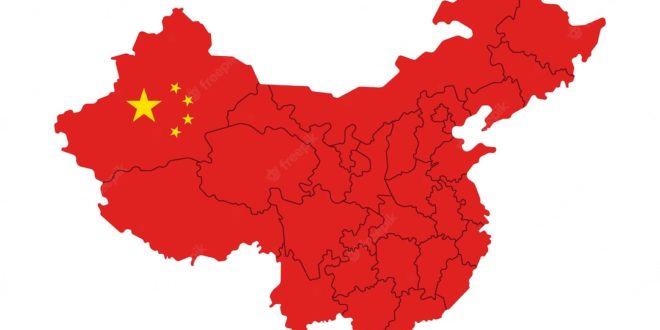China’s concern stems from widespread media reports suggesting that China would have access to Ghana’s mineral revenue and electricity sales in the event of loan defaults.
The reports stated that Ghana’s four collateralized loans from China had exposed the country to the possibility of losing parts of its mineral resource revenue, including proceeds from oil, cocoa, bauxite, and electricity sales.
Reporting on Ghana-IMF Deal: China unhappy with Ghanaian Media China has expressed its great displeasure at the misreporting of facts by the Ghanaian media regarding the recent $3 billion Extended Credit Facility secured by Ghana from the International Monetary Fund (IMF).
In a meeting between the Head of Mission from Ghana, H.E. Dr. Ni Okai Hammond, and the Director-General of the Africa Affairs Department of the Ministry of Foreign Affairs of China, Amb. Wu Peng, on Wednesday, May 24, 2023, China raised concerns about distorted facts in the media and the creation of an environment detrimental to the existing good relations between the two countries.
Amb. Wu Peng bemoaned the misleading reportage which is creating an environment inimical to the sustenance of the good relations that exist between Ghana and China. He emphasized that such false narratives run counter to China’s avowed policy on cooperation with developing countries, including Ghana.
China’s concern stems from widespread media reports suggesting that China would have access to Ghana’s mineral revenue and electricity sales in the event of loan defaults. The reports stated that Ghana’s four collateralized loans from China had exposed the country to the possibility of losing parts of its mineral resource revenue, including proceeds from oil, cocoa, bauxite, and electricity sales.
According to the report, these loans, totaling $619 million, were signed between 2007 and 2018 to finance infrastructure projects and are collateralized against commodity production (cocoa, bauxite, and oil) and electricity sales.
The report went on to suggest that in the event of Ghana defaulting on its debt obligations to China, the Asian country would have the right to use proceeds from these commodities to settle the debt.
This, Amb. Wu Peng refuted the report clarifying that such allegations had no basis and went against China’s cooperation policy with developing countries highlighting that similar allegations were being peddled in other developing countries like Malawi, Chad, and Zambia.
He emphasized that China’s lending policies and renegotiation processes were not as portrayed in the media stating that these policies were based on principles of mutual benefit and cooperation with developing countries.
ghananewsonline.com.gh
 HEROESNEWSGH The Biggest Gh News Platform
HEROESNEWSGH The Biggest Gh News Platform





